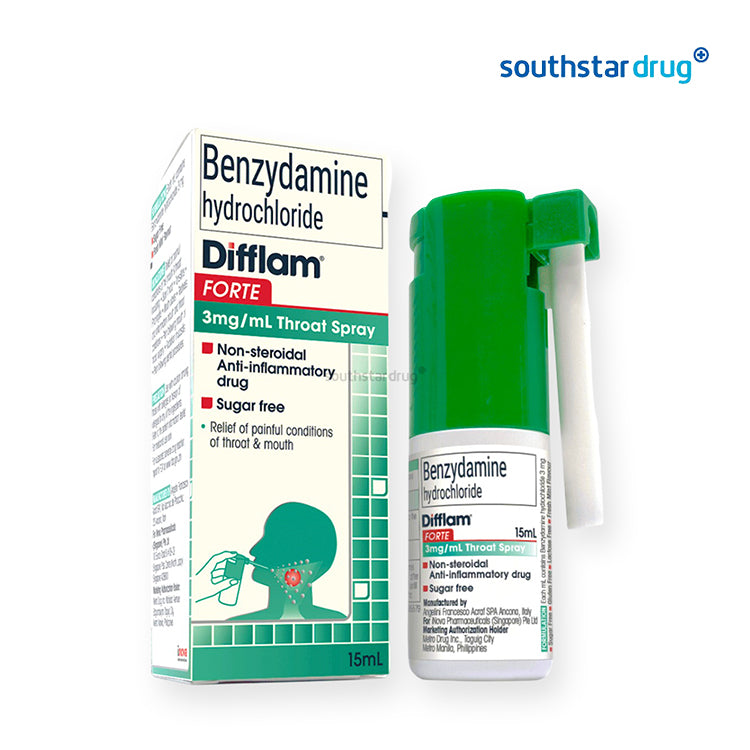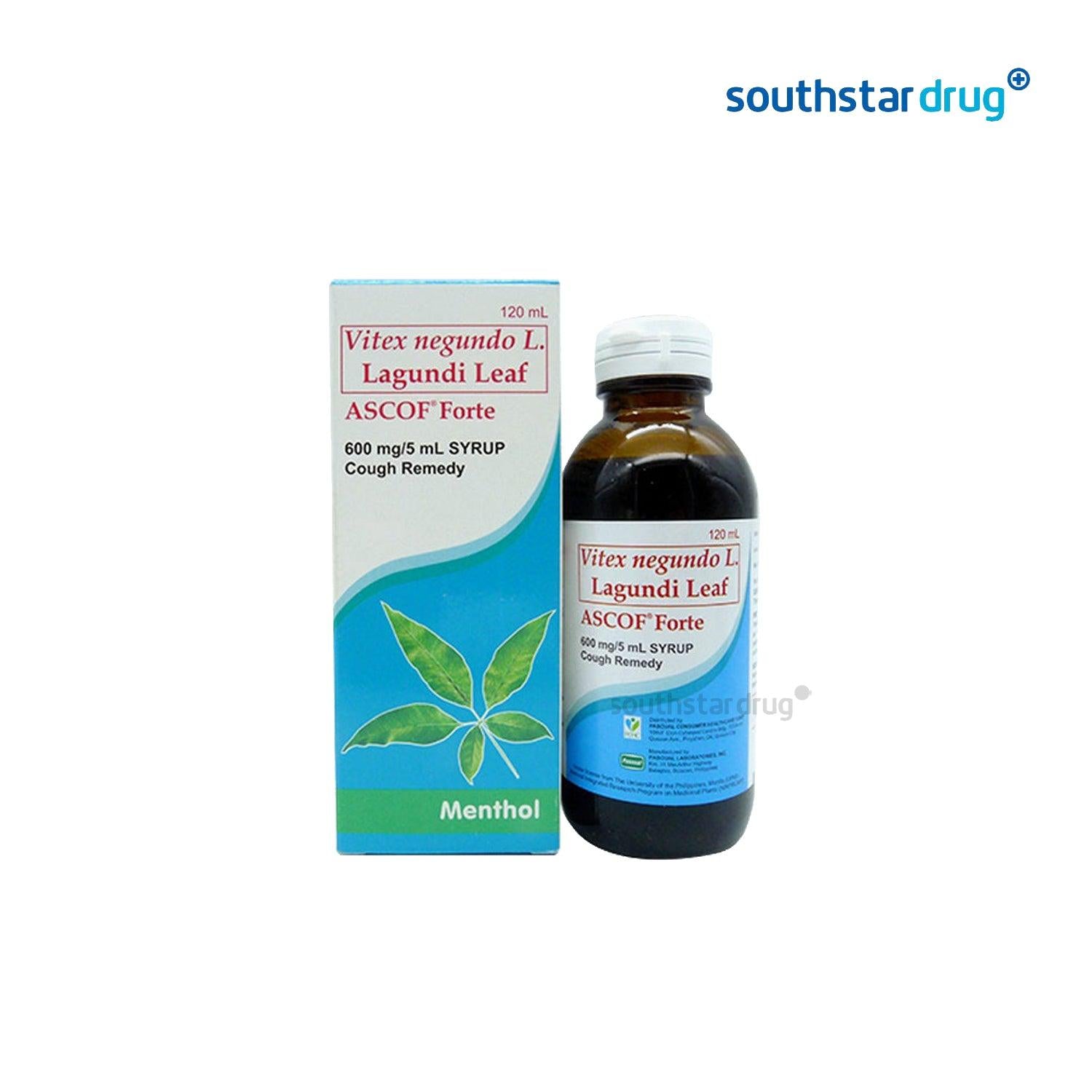Vaccination saves millions of lives every year, as it’s the most effective way to build immunity against different kinds of illness. Beyond its crucial role in the prevention of life-threatening diseases and infections, it’s also a critical element in controlling disease outbreaks. Hence, vaccination should be a health care priority for every individual.
As an essential to living a healthy life, vaccination helps prevent at least 30 critical illnesses to date. Among these diseases is cervical cancer, which is preventable through the human papillomavirus (HPV) vaccine. With cervical cancer being a leading cause of death among women in the Philippines and around the world, awareness about HPV vaccination and its importance is paramount.
To that end, here are things you must know about the HPV vaccine so that you can make informed decisions to safeguard your health and that of your family.
It Effectively Prevents Cervical Cancer
The human papillomavirus is a common infection linked to up to 95% of cervical cancers, making it a primary cause of this disease. The virus can spread through intimate skin-to-skin contact, such as during sexual activities and not just through penetrative sex. While many people who get the virus exhibit no symptoms and their immune systems effectively clears it from the body, persistent HPV infection can increase the risk of developing cancer. HPV infects the cells in the cervix, the lower part of the womb which opens into the vagina. When the virus changes the way cervical cells communicate with each other, abnormal cells can develop and multiply uncontrollably, leading to cervical cancer.
With the link between the virus and cervical cancer being clearly established, it’s only logical to get vaccinated against HPV. Vaccination against HPV is the most effective way to prevent cervical cancer, with all HPV vaccines having an efficacy close to 100%. Indeed, according to scientific data, HPV vaccination has resulted in a decrease in infections with HPV types that cause cancers. There was also a reduction in cervical precancers caused by HPV types associated with cervical cancer.
It Protects against Other Cancers
There are over 100 strains of HPV, with some invading and living in the cells on the skin (cutaneous) and others affecting the cells on mucosal surfaces (mucosal). Among the mucosal types, more than 30 HPV strains can affect the genitals, including both low-risk mucosal types that cause genital warts and high-risk mucosal types that can cause cancer.
Consequently, getting an HPV vaccine means getting protection against cervical cancer as well as increased immunity from genital warts and other HPV-related cancers like cancer of the vagina, vulva, penis, or anus. Additionally, vaccination also protects against cancers of the mouth, throat, head and neck caused by HPV.
It Can Be Given to Children at Least Nine Years Old
Vaccination among girls ages 9 to 14 is considered as a highly effective way to prevent HPV infection, cervical cancer, and other cancers related to HPV. Vaccination within this age range is crucial as it considers the period before sexual activity, thus protecting them against HPV even before being exposed to the virus. This ultimately reduces the risk for HPV infections that can lead to cancers.
It’s Proven Safe
Like other vaccines that prevent viral infection, the HPV vaccine works by stimulating the body’s immune response to produce antibodies to fight HPV. Hence, future exposure to HPV will cause these antibodies to bind to the virus and thus prevent infection.
During immunization, virus-like particles (VLPs) are used to simulate the virus. Since these VLPs lack the HPV’s DNA, they are not infectious and should not cause any fear or worry about getting vaccinated. Furthermore, most people don’t experience any complications from getting the vaccine, with some only reporting mild side effects such as pain, redness, or swelling in the arm. There are also those who experience fever, dizziness, headache, nausea, and fatigue.
Last but not least, after getting the HPV vaccine, it continues to be effective from at least 6 to 10 years after vaccination, so there is no need for a booster shot.
It’s Not Just for Women
While the risk for developing HPV-related cancers is higher among women, there’s no reason why men shouldn’t get vaccinated against the virus as well. Getting vaccinated against HPV protects both men and women from HPV infection which can lead to genital warts and cancers. Moreover, if you are a man, getting the vaccine can also protect your partner, since it prevents transmission of HPV strains that might put them at risk for cancer.
With the right information and proper guidance, you can protect yourself and your loved ones from potentially life-threatening illnesses. And by getting vaccinated, you get a safe and effective defense that helps you and your family live fuller, healthier lives.
If you want to get vaccinated against HPV and other illnesses like the flu, pneumonia, and hepatitis B, you can fill out this form and schedule your vaccination at a nearby Southstar Drug branch.












